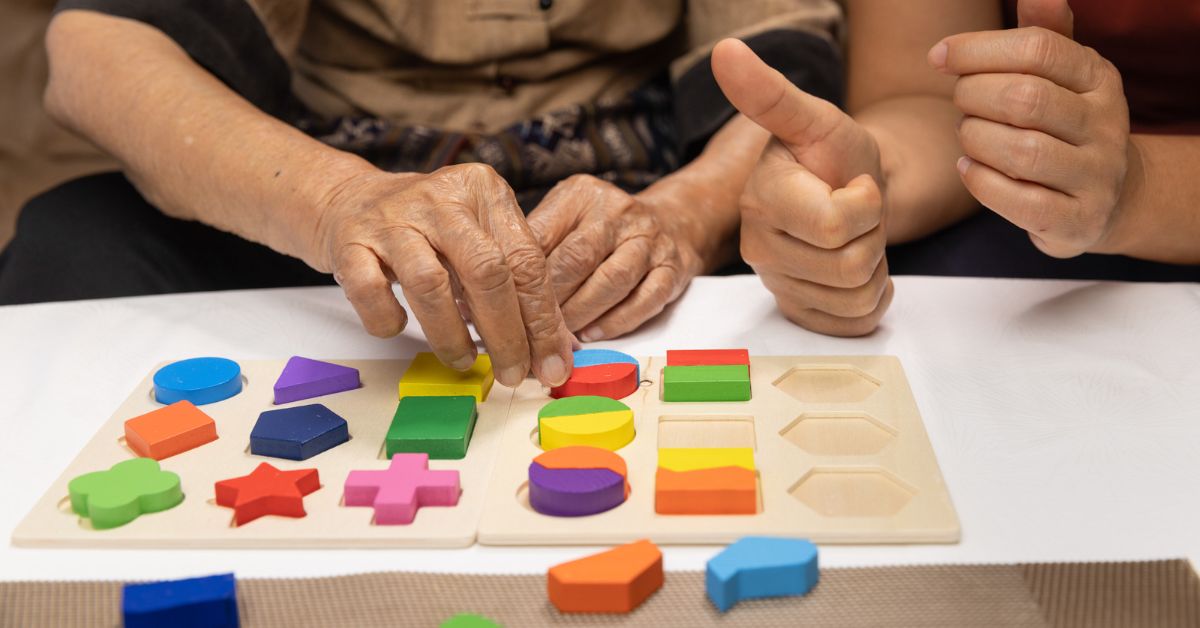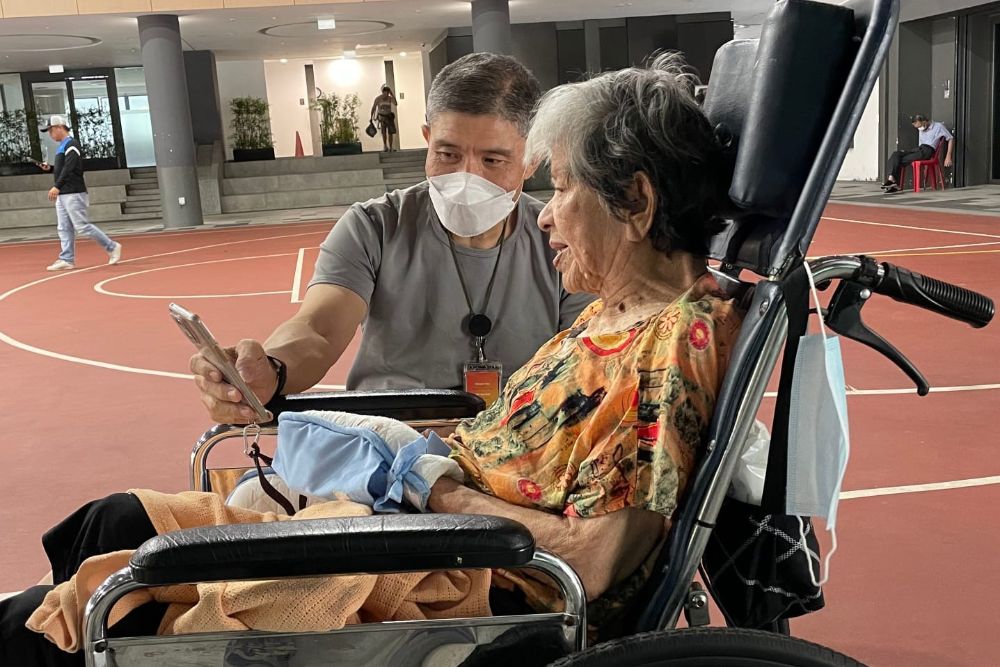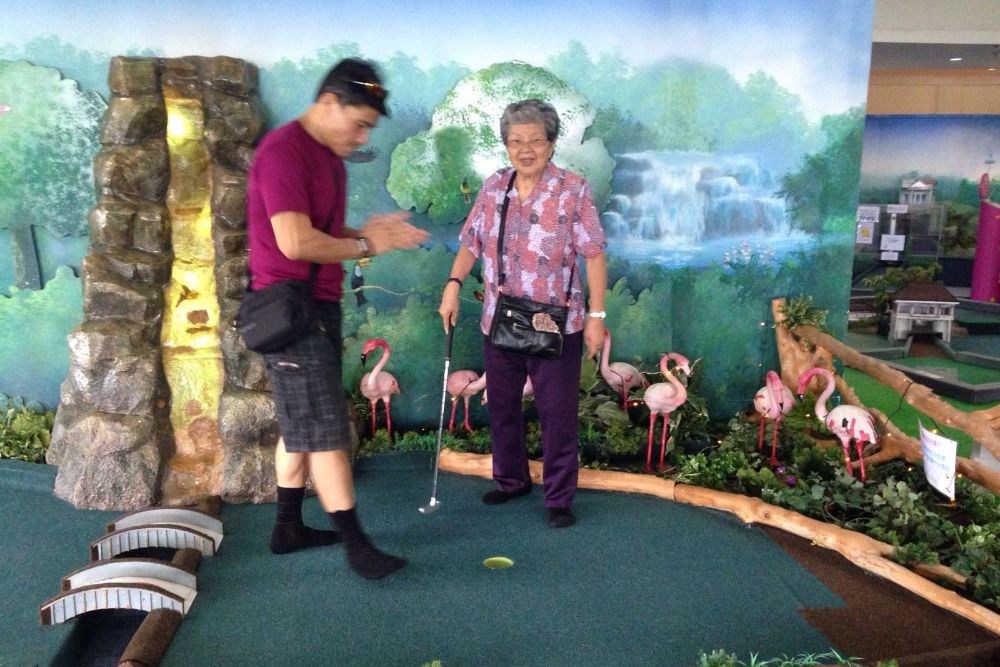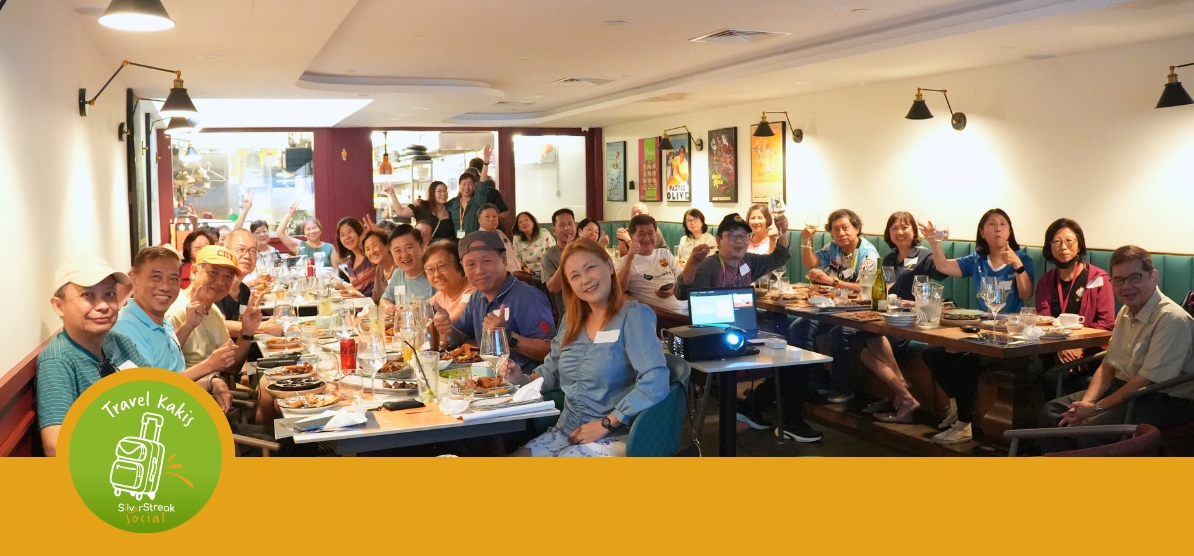
Taking on caregiving duties
"AIC also helped us to enrol mum in a daycare centre where she did exercises and played cognitive games."

"As siblings, we also acknowledged that taking care of mum is not just ONE person's job. We decided to divide the burden amongst ourselves, to ensure we have time for self-care."
Support for caregivers for dementia patients

"Through the able staff at Care Corner and the medical social worker, we learned about the facilities, finances and care advice for mum. We learned from the plight and experiences of fellow caregivers too."
"It acts as a lighthouse for caregivers to better provide for their loved ones. We learn and seek understanding from each other and we are not alone."
- Emotional and mental strain: this includes having to manage the changing and sometimes challenging behaviour of their loved ones, from forgetfulness to sudden loss of interest in doing things that they used to like, to disrupted sleep-wake cycles or getting lost in the community. All these cause caregivers to be anxious and more vigilant to look out for their loved ones for fear of that loved ones may hurt themselves. Some caregivers also highlight that caregiving can be a lonely and overwhelming journey, where the caregiving responsibilities rest on their shoulders. They also find it difficult to get alternative caregivers to relieve them or have respite. Over time, the emotional and mental strain takes its toll on the caregiver, resulting in poorer health and well-being.
- Financial burden: some caregivers had to give up their work or take on less to care for their loved ones with dementia. With reduced income and increased caregiving expenses for services, their savings gradually reduces. With limited family support, some worry about the financial burden it has on themselves and their own families.
- Not able to engage their loved ones meaningfully: dementia is a gradually-deteriorating disease with a trajectory is different for each individual. Persons with dementia may experience changes in their moods and interests; some caregivers find it difficult to engage with their loved ones meaningfully or experience frustration when communicating with them.
- Isolation: as caregiving can be a 24/7 task, caregivers often find themselves isolated and it's difficult to find time to care for themselves, have adequate rest or pursue their interests. They may also be unaware of the different resources/support available to them. Even so, some may not prioritise their own well-being. It is important for caregivers to find support, connect with others, fellow caregivers or professionals who can support them, listen to their concerns and journey alongside them in their caregiving journey.
The importance of self-care

Credit: Care Corner
- Understand what your loved one likes and build on this and create a conversation or activity to engage them.
- Find activities they like to do and places they like to go so that you can continue to create memories with your loved one.
- Empower them in different ways like assigning them simple tasks.
- Affirm your loved one.
- Be patient with your loved one, speak slowly and be gentle with your words.
- Maintain eye contact when speaking with them.
- Read up on dementia so as to better understand the condition.
Here are some resources caregivers can access for help:
Dementia Singapore
Agency for Integrated Care
Remember Me
Changi General Hospital
Caregiving Welfare Association
Care Corner Caregiver Support programme







